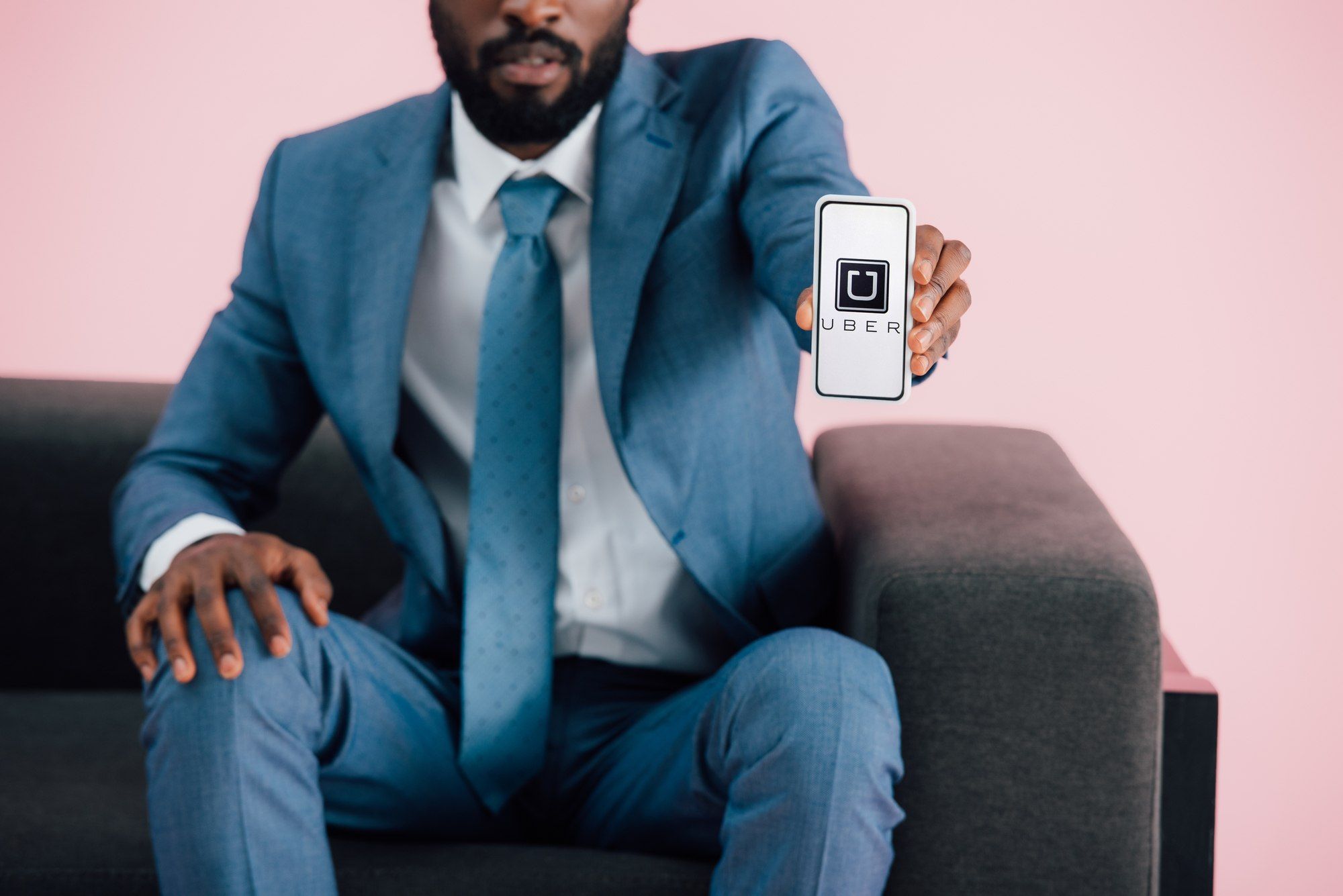Top Class Actions’s website and social media posts use affiliate links. If you make a purchase using such links, we may receive a commission, but it will not result in any additional charges to you. Please review our Affiliate Link Disclosure for more information.

Uber unlawfully uses criminal history records to discriminate against New York City drivers, fueling “significant racial disparities” across the United States, a new lawsuit alleges.
In a proposed class action filed Thursday in the Southern District of New York, Uber is accused of violating the city’s Fair Chance Act (FCA) by either firing drivers or denying people the opportunity to work for them based on the results of background checks. The Fair Chance Act is a provision of the New York City Human Rights Law.
The lawsuit names both Uber and Checkr, a consumer reporting agency used by the ride sharing service to get drivers’ criminal history through background checks.
“Uber and Checkr’s policies and practices have unlawfully imposed barriers to opportunity on Uber’s driver workforce that have a significant racial impact,” the lawsuit alleges.
Uber’s actions had essentially “imported” the racial disparities of the criminal justice system into its driver applicant and retention process, the class action lawsuit alleges, causing a disparate impact on Black and Latinx drivers with criminal histories.
Communities of color have long been over-policed and over-criminalized, and face disproportionately higher rates of criminal history and incarceration.
Plaintiff Job Golightly is a Black resident of the Bronx who drove for Uber since 2014, making about $1,500 per week, the lawsuit states. However, in August 2020, Uber used Checkr to obtain Golightly’s background check and found a 2013 misdemeanor speeding ticket in Virginia.
“One day later, due to the results of this background check, and without any notice, process, or further communication, Uber deactivated Mr. Golightly from the Uber labor platform, depriving him of the ability to drive for Uber and earn income,” the lawsuit states.
Uber fired 44-year-old Golightly without going through the steps outlined in the FCA, which require an employer to consider a set of factors including how likely the conviction history is to impact an employee’s current work, and its seriousness.
Golightly said Uber didn’t allow him to see a copy of the background check, which is also required under the FCA.
“It’s really unfair for a company like Uber to use an old speeding ticket from another state to immediately deactivate me without letting me know why or giving me an opportunity to explain anything about it,” Golightly said in a statement.
He is seeking to represent roughly 1,300 New York City drivers who were either fired or denied the opportunity to work for Uber based on the results of background checks. There are two Classes, one for all drivers allegedly impacted by the violations and one specifically for Black and Latinx drivers.
The lawsuit seeks an injunction stopping the companies from engaging in the alleged behavior moving forward, certification of the class action, damages, costs, interest and a jury trial.
It marks the first time the Fair Chance Act has been used to take legal action against a labor platform company in New York City, Golightly’s lawyers said in a press release.
Mobilization for Justice Special Litigation Supervisor Mike Litrownik said the act has been a critical tool for advancing racial justice and reducing barriers to opportunity in New York City.
“It is even more important now for companies to treat their workers with criminal histories fairly during the unprecedented unemployment crisis caused by the Covid-19 pandemic.”
Meanwhile, Uber drivers in California scored a partial win on their class action lawsuit against the company in January, after a federal judge agreed to certify claims that they were misclassified as independent contractors under state law.
What do you think of the lawsuit against Uber? Let us know in the comments!
Golightly is represented by Michael Noah Litrownik and Carolyn Coffey of Mobilization for Justice Inc., and Juno Turner and David H. Seligman of Towards Justice.
The Uber Black Latinx Discrimination Class Action Lawsuit is Job Golightly v. Uber Technologies Inc., Case No. 21-cv-03005, in the U.S. District Court for the Southern District of New York.
Read About More Class Action Lawsuits & Class Action Settlements:















12 thoughts onUber Criminal Background Check Discriminates Against Black, Latinx Drivers, Class Action Claims
Hola tengo 6 años con Uber un driver excelente Diamante nunca problemas con los pasajeros. En diciembre 13 me serraron mi cuenta por mi antecedente. Lo extraño es que después de 6 años me sierren ellos sabiendo de mis antecedentes, aún en mi Provatoria yo conducía con ellos. Se me serraron las oportunidades de acer mi vida con desecha y respeto era la única entrada de dinero que tenía lo interesante es que ello sabían de mi antecedentes desde un principio.